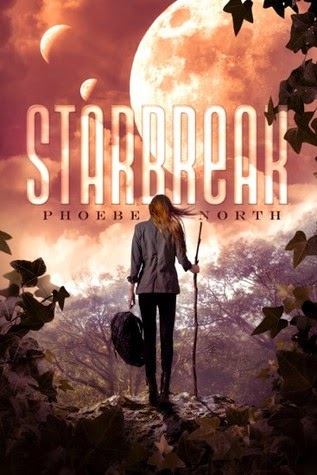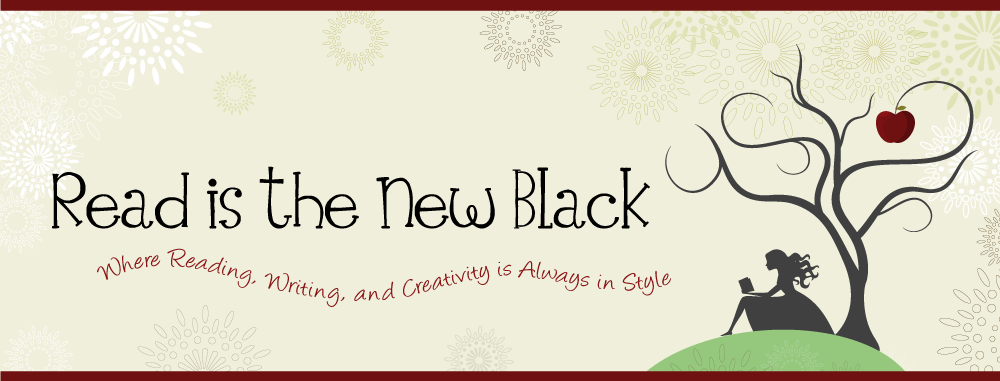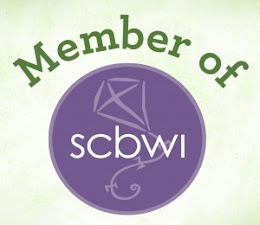 For my first interview
of 2015, I bring to you Phoebe North, author of the YA science fiction books
STARGLASS and its sequel, STARBREAK (Simon & Schuster). In the first book, we learn that
Terra’s forebearers left Earth 500 years ago so that the future generation, one
that Terra belongs to, can find a new home planet. So the only world Terra has
known is one inside a small city contained within a spaceship.
For my first interview
of 2015, I bring to you Phoebe North, author of the YA science fiction books
STARGLASS and its sequel, STARBREAK (Simon & Schuster). In the first book, we learn that
Terra’s forebearers left Earth 500 years ago so that the future generation, one
that Terra belongs to, can find a new home planet. So the only world Terra has
known is one inside a small city contained within a spaceship. Terra’s mother was murdered years ago. Her father is cold and uncaring. She is engaged to a boy who is aloof and unaffectionate toward her. What Terra has going for her is an apprenticeship where she learns about plants, and she brings knowledge of this subject with her when the spaceship lands…
Where were you born, and
where do you live now? I was born and raised in
New Jersey, and now live in New York State, after sojourns in both Florida and
Northern Virginia.
 How did your MFA in
Poetry that you received from the University of Florida influence your fiction
writing?
How did your MFA in
Poetry that you received from the University of Florida influence your fiction
writing?
The MFA I received in poetry
was the first step toward seeing myself as a professional writer. I'm very
grateful for the time and dedication of my professors there, even if the
experience was mostly instructive in teaching me the kind of writer I'm
not--namely, a literary poet!
Was there a part of your
childhood or adolescence that you weaved into your writing of STARGLASS and
STARBREAK?
Sure. Like Terra, I lost
a parent when I was young. I was also prone to falling wildly in love with boys
who were all wrong for me. It wasn't until I met my now-husband (like Terra, at
a fairly young age) that I realized that love should be healing, rather than
damaging.
 The vivid setting of
STARGLASS and STARBREAK came with parents having children through artificial
wombs, telepathic dreaming, and a planet of interesting plant life. What tips
do you have for effective world building?
The vivid setting of
STARGLASS and STARBREAK came with parents having children through artificial
wombs, telepathic dreaming, and a planet of interesting plant life. What tips
do you have for effective world building?
Do tons of research, but
don't feel obligated to let it all show. Reveal your world slowly and
deliberately; readers will fill in the gaps, and your universe will feel much
richer for it.
I’ve heard industry
professionals say they’re not interested in books with religious content. As
for myself, I liked the way you wove references to religion into STARGLASS and
STARBREAK because it gave the story additional depth. How did incorporating
Judaism into STARGLASS and STARBREAK affect interest of your book among agents
and editors?
It seemed to be a real
draw, in part because many professionals in New York publishing have Jewish
backgrounds that are somewhat motley, like my own. Of course, I wouldn't call
either book in the Starglass sequence "religious" per se. They're not
preaching or trying to teach a lesson. But the religious background of the
characters is grounded in real life religious identity. That sort of complexity
of approach really helped make my books stand out, I think.
I loved books with messy
girls: The Secret Garden by Frances Hodgson Burnett, A Wrinkle in Time by
Madeleine L'Engle.
Are there upcoming
projects you’d like to share about?
Too soon to say! :)



